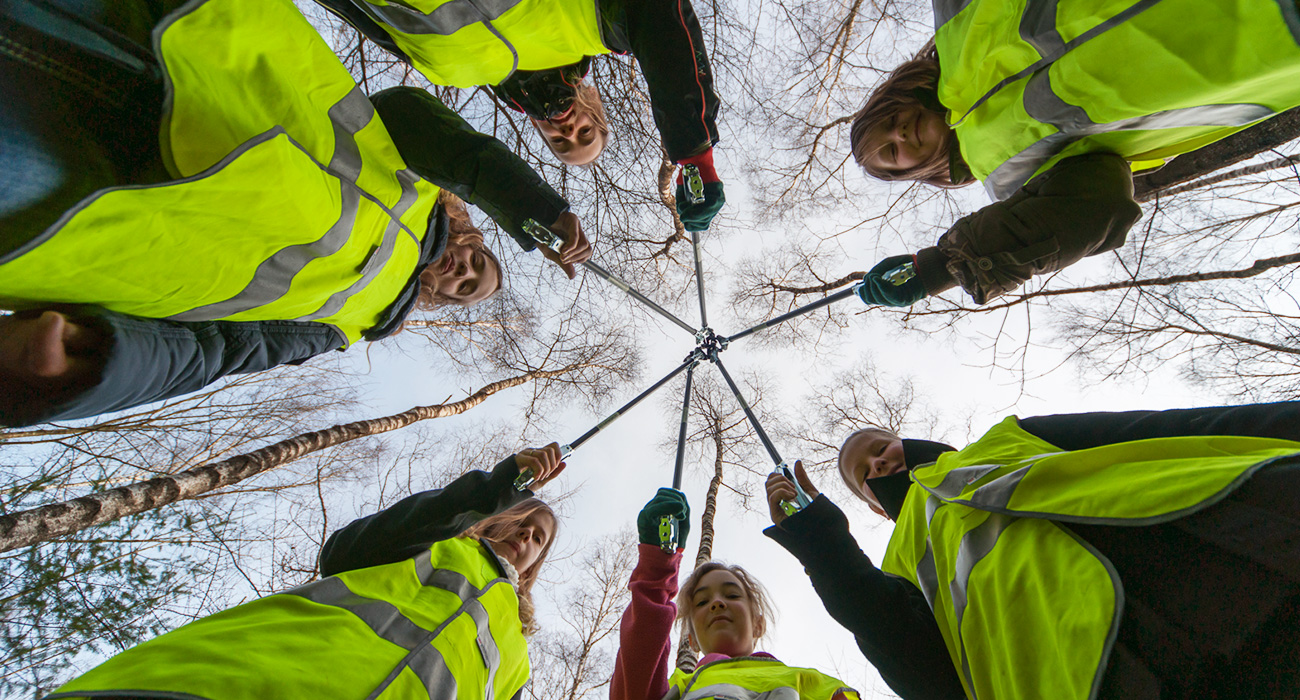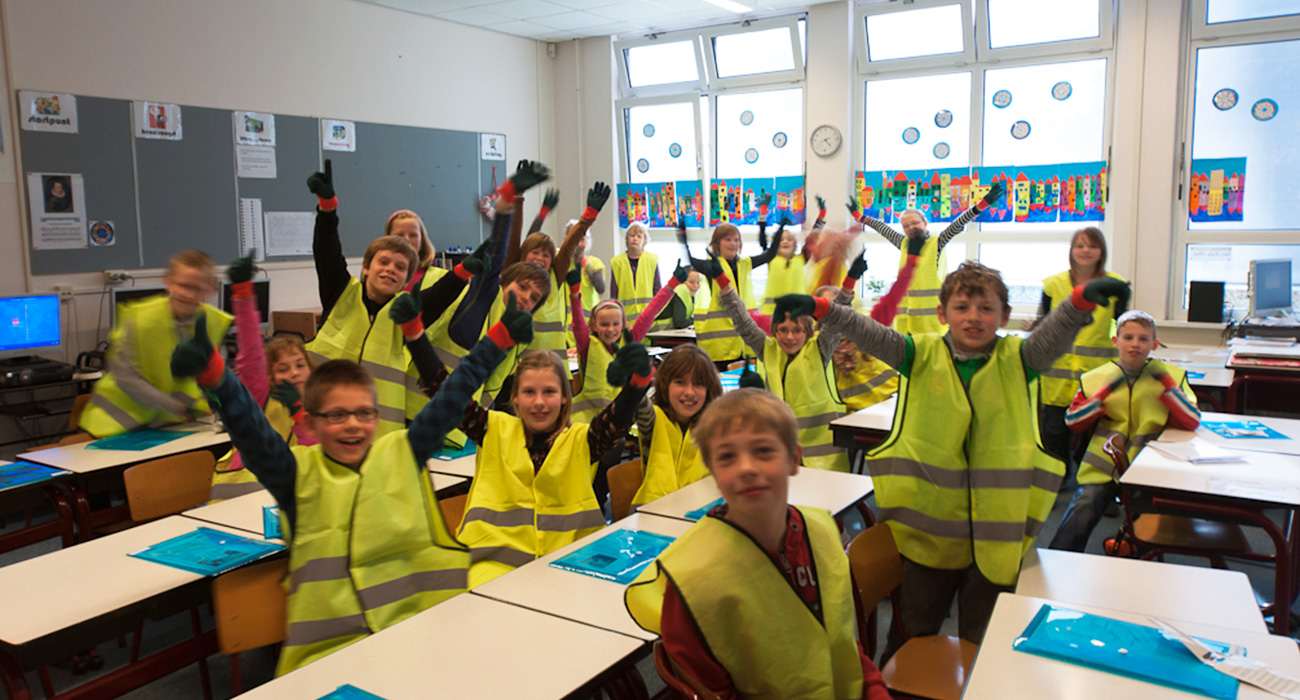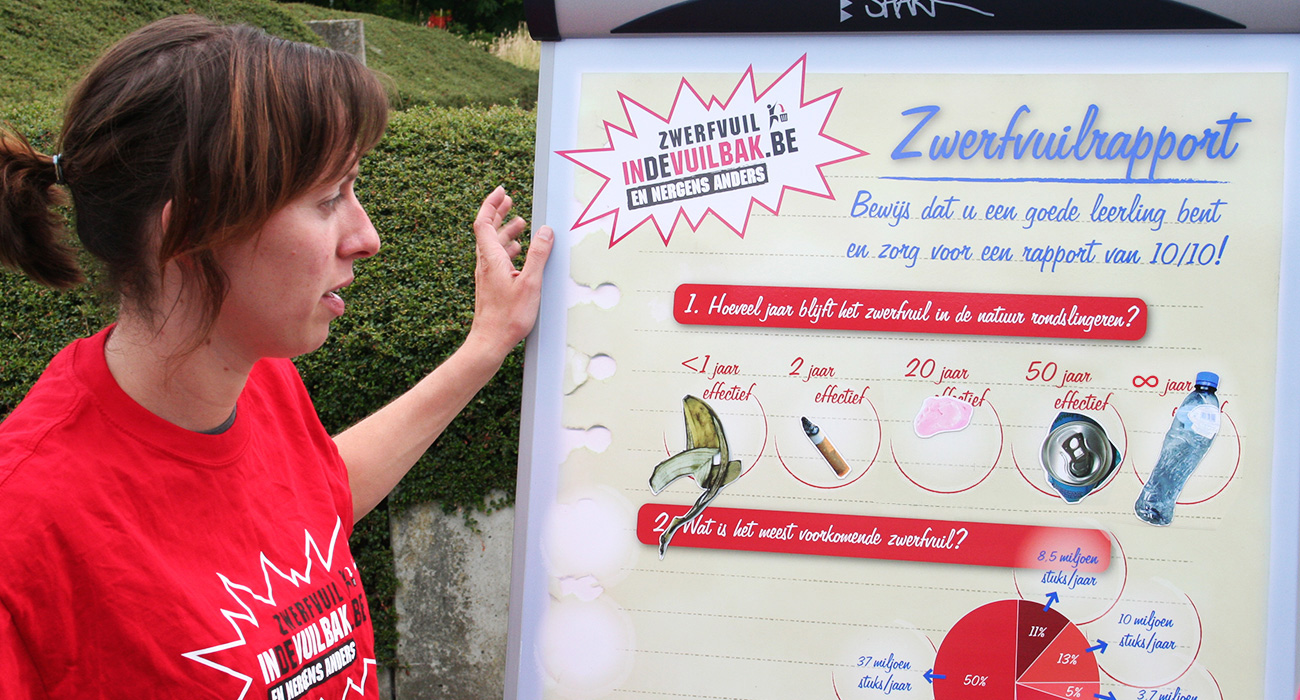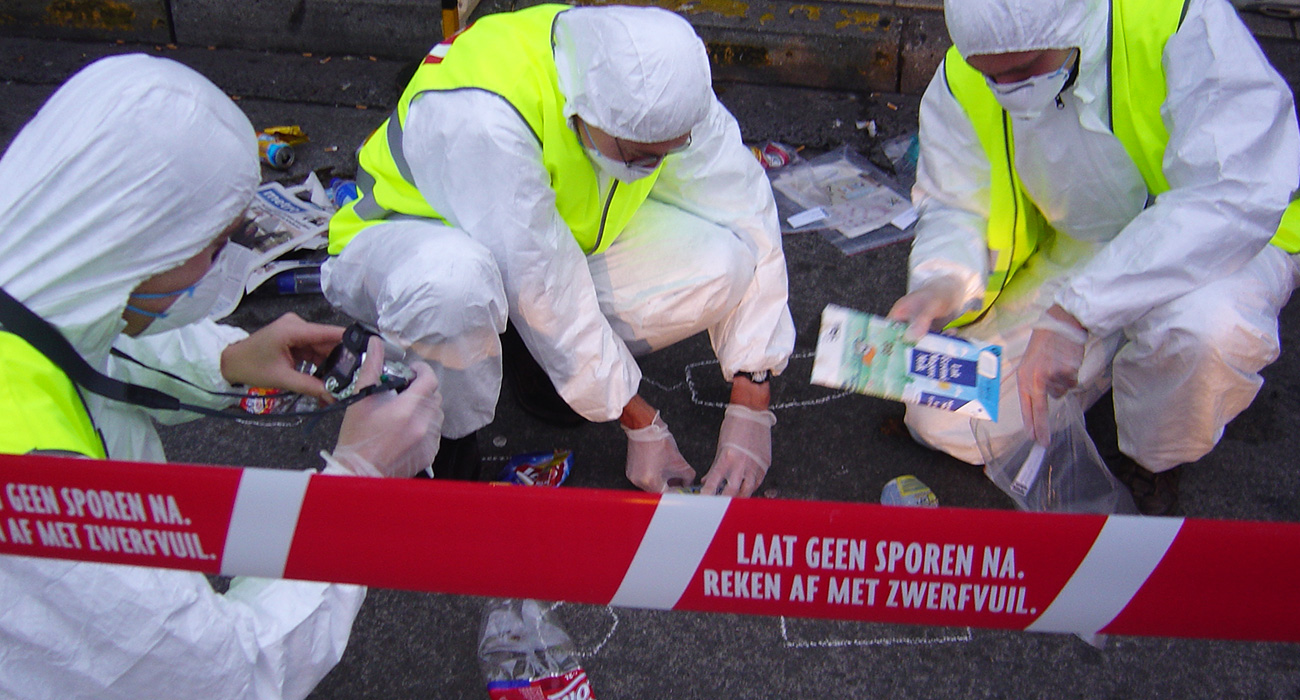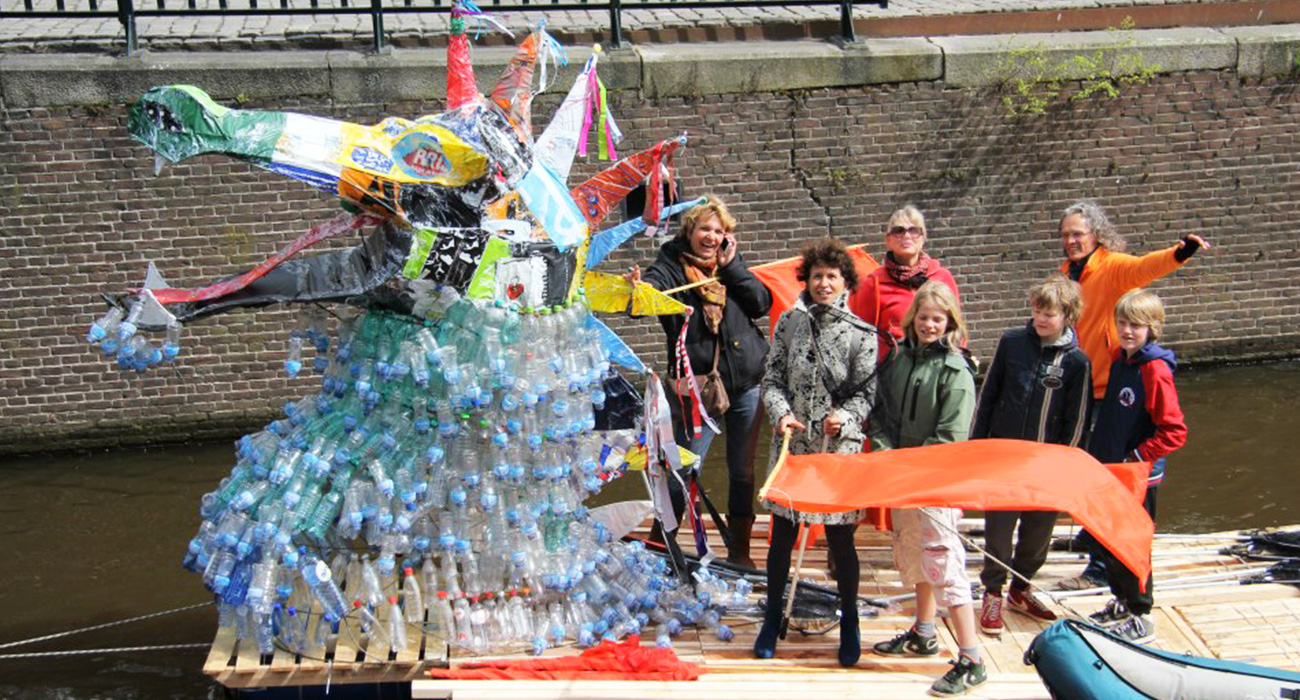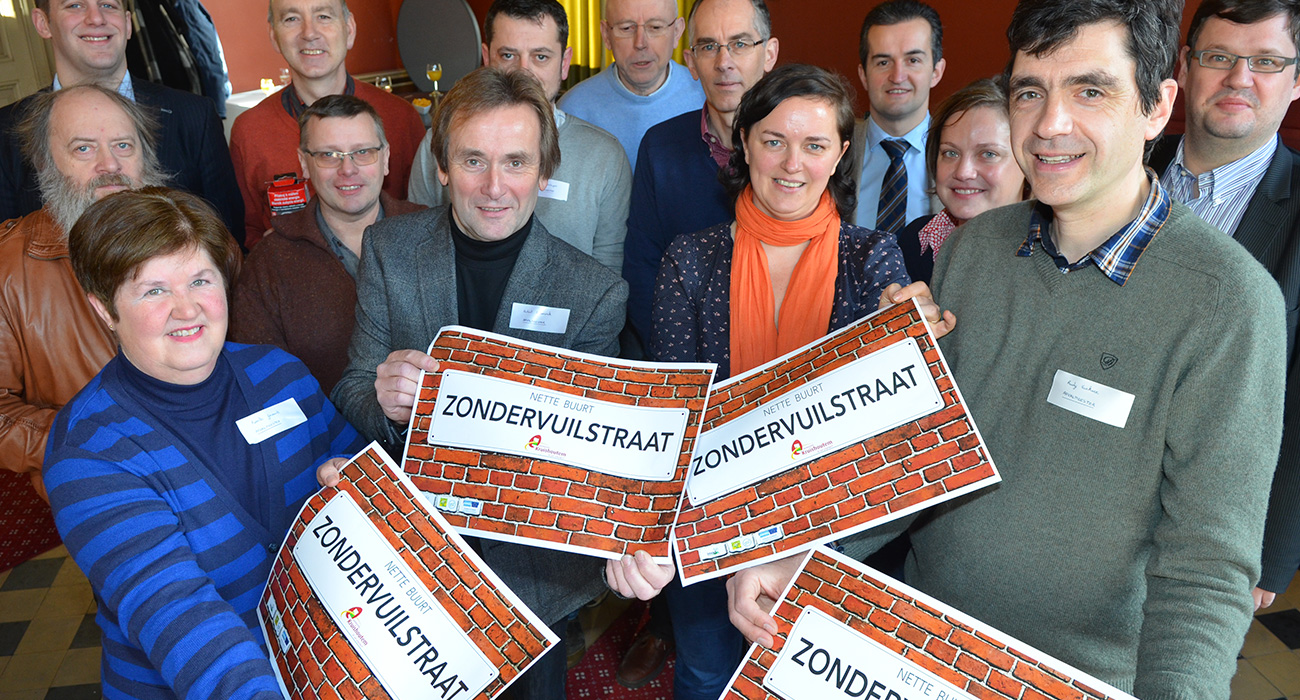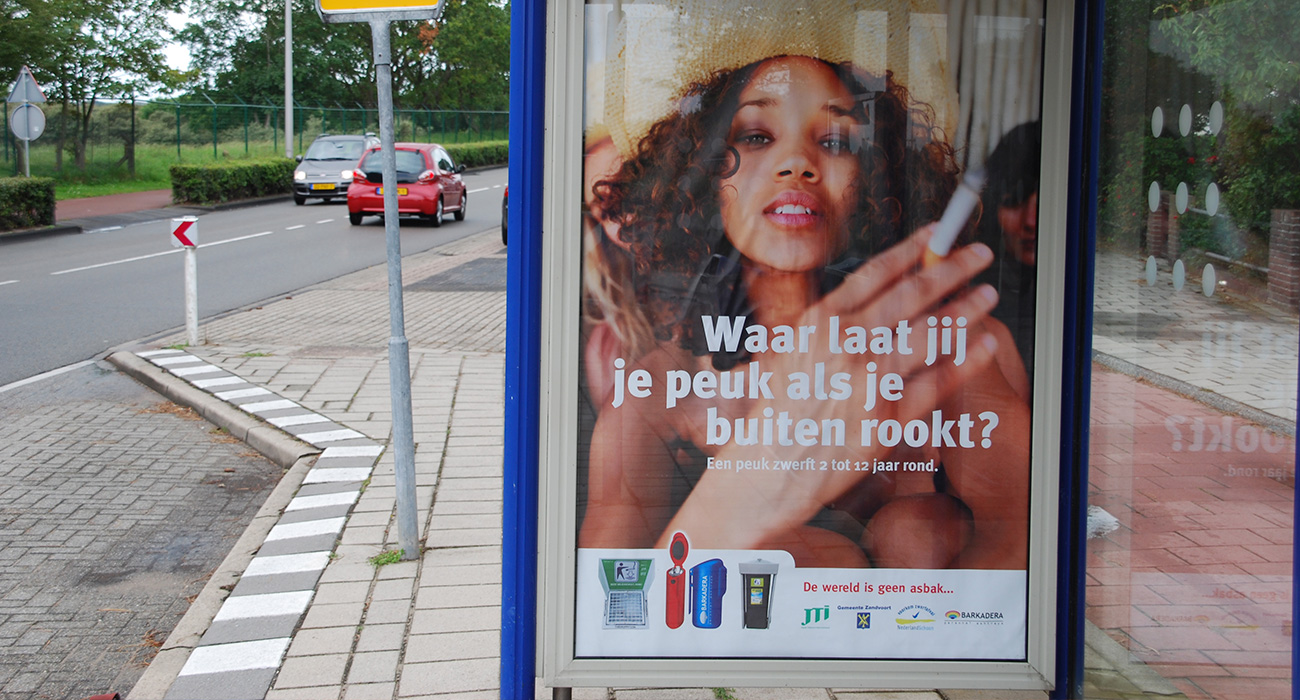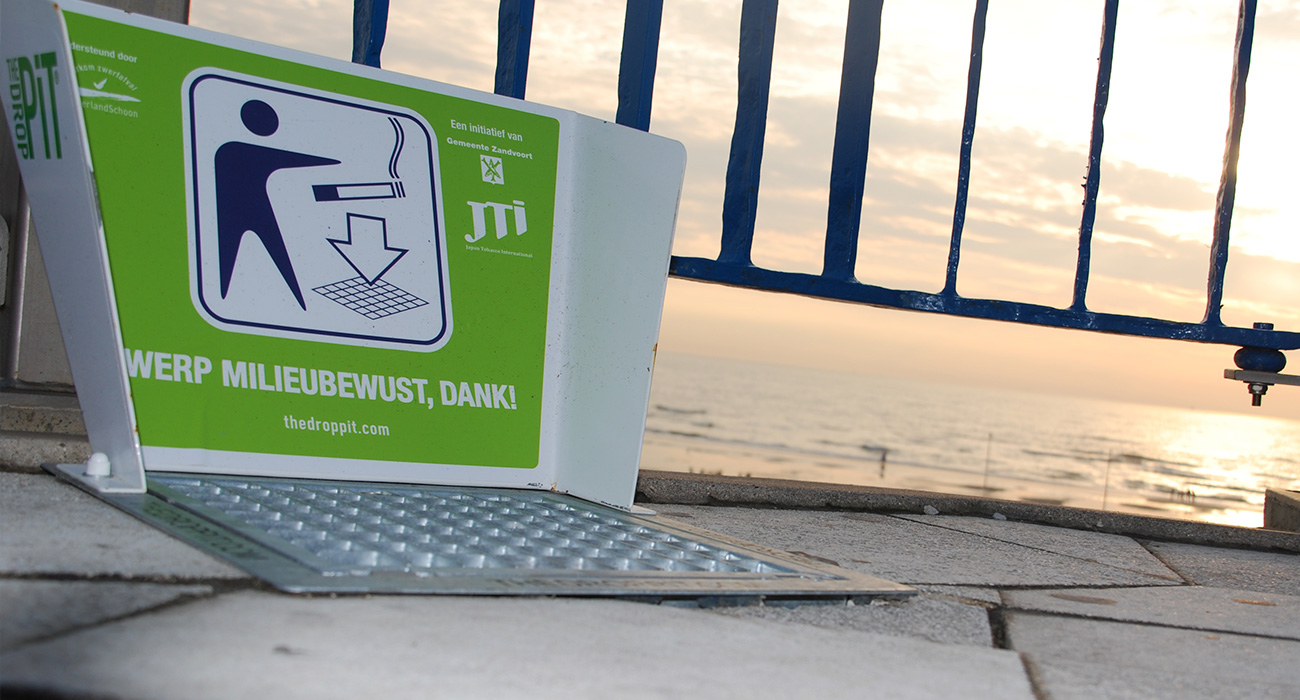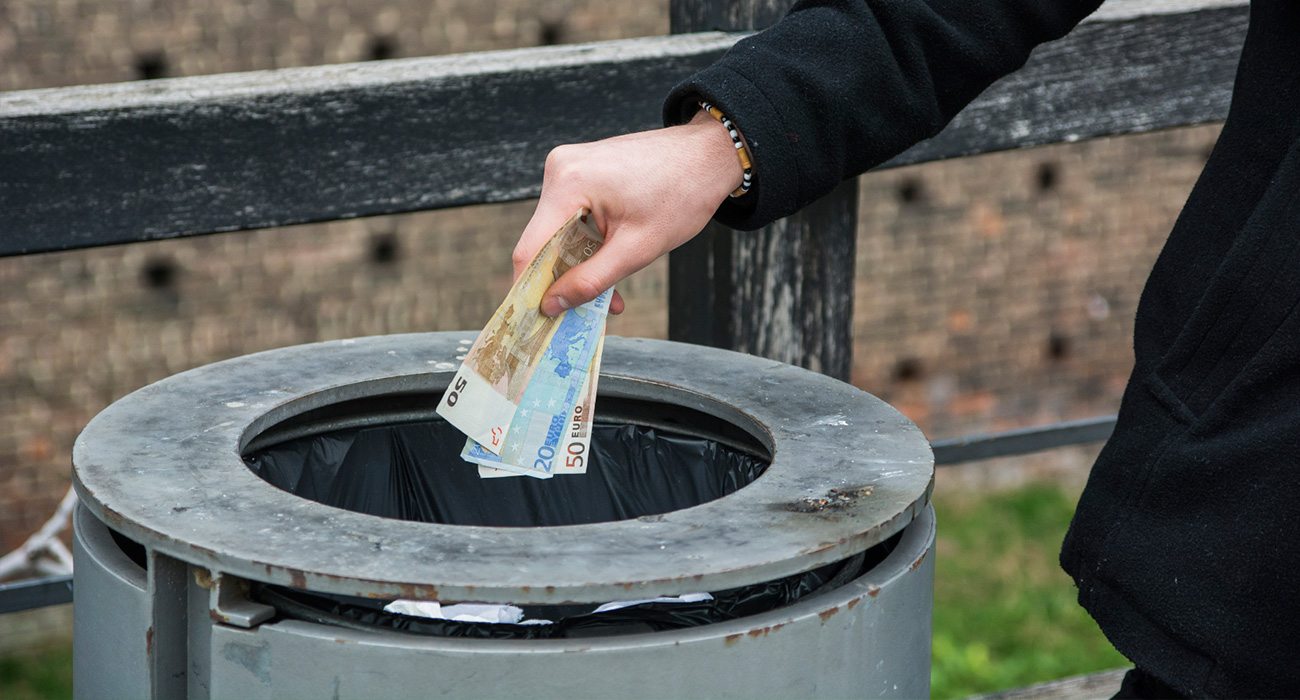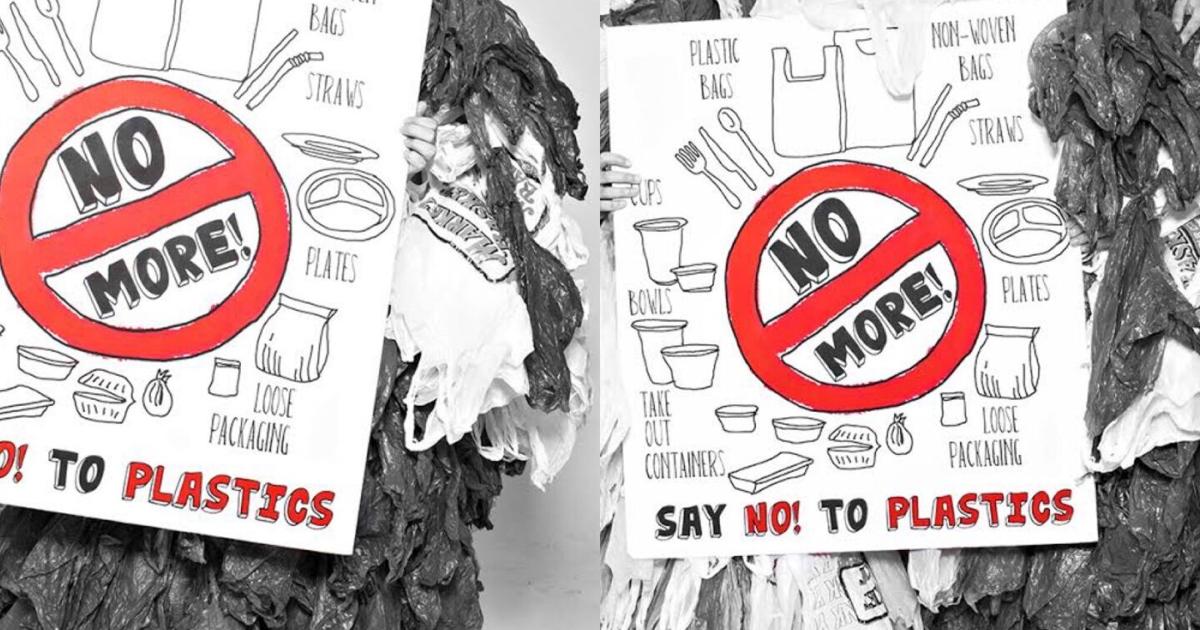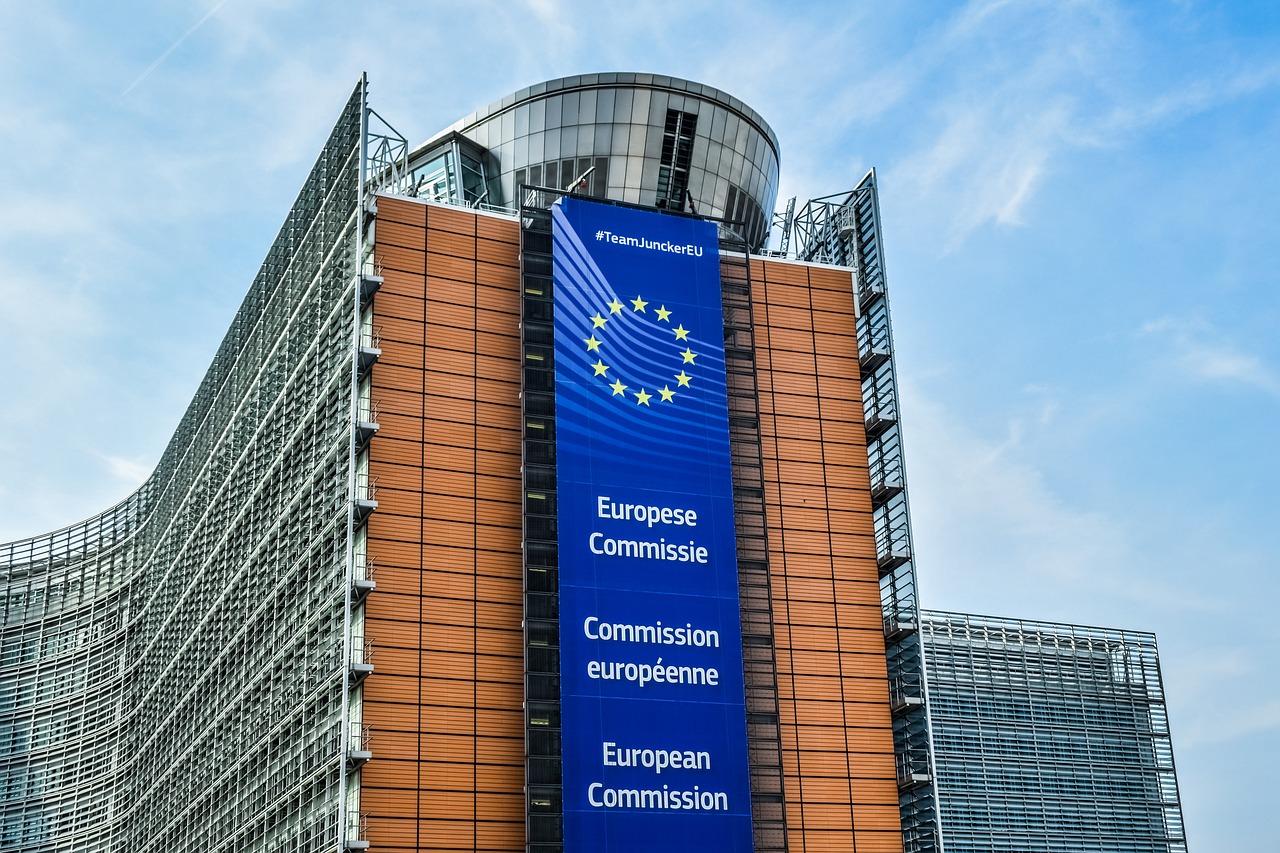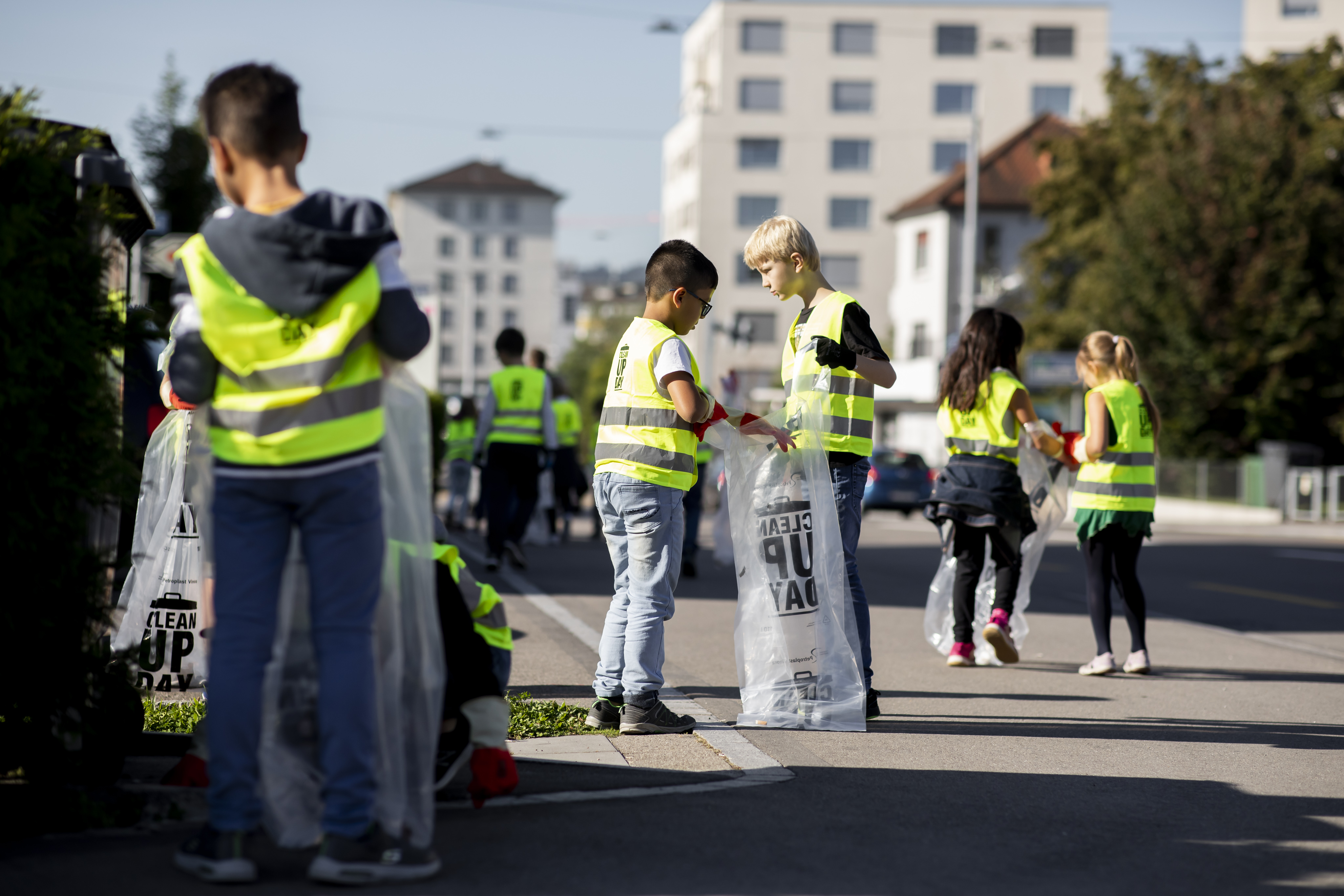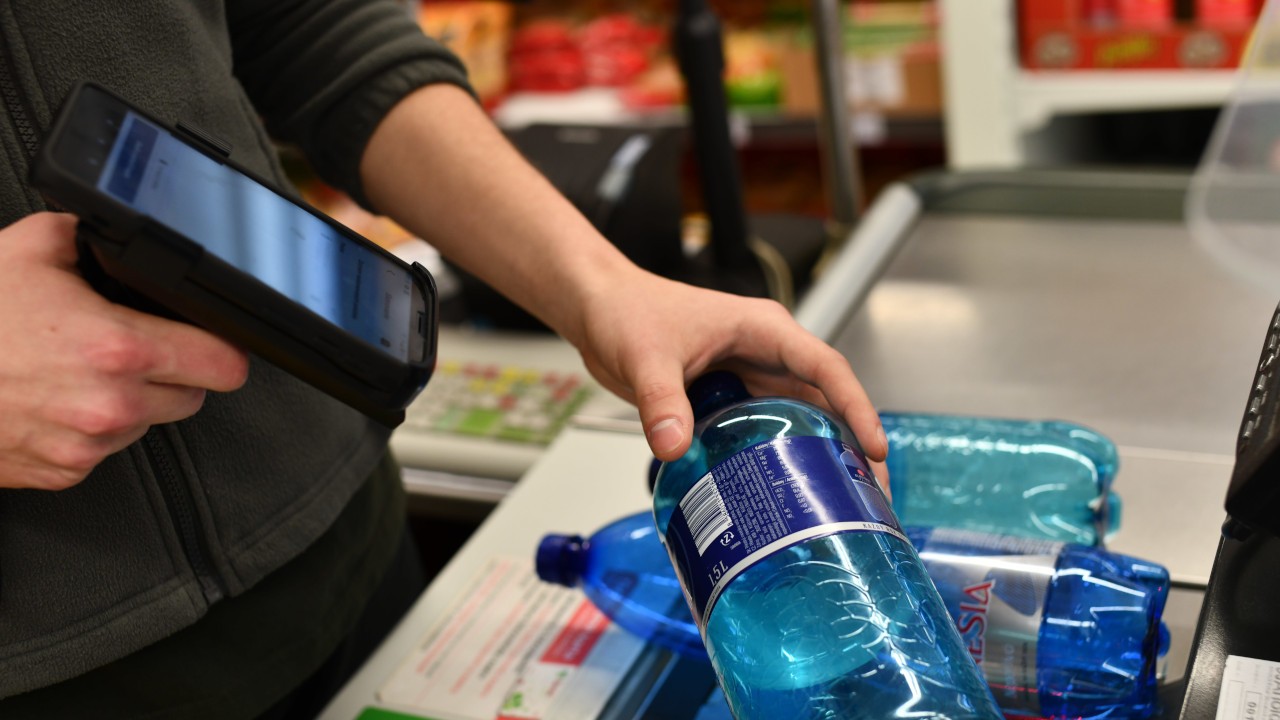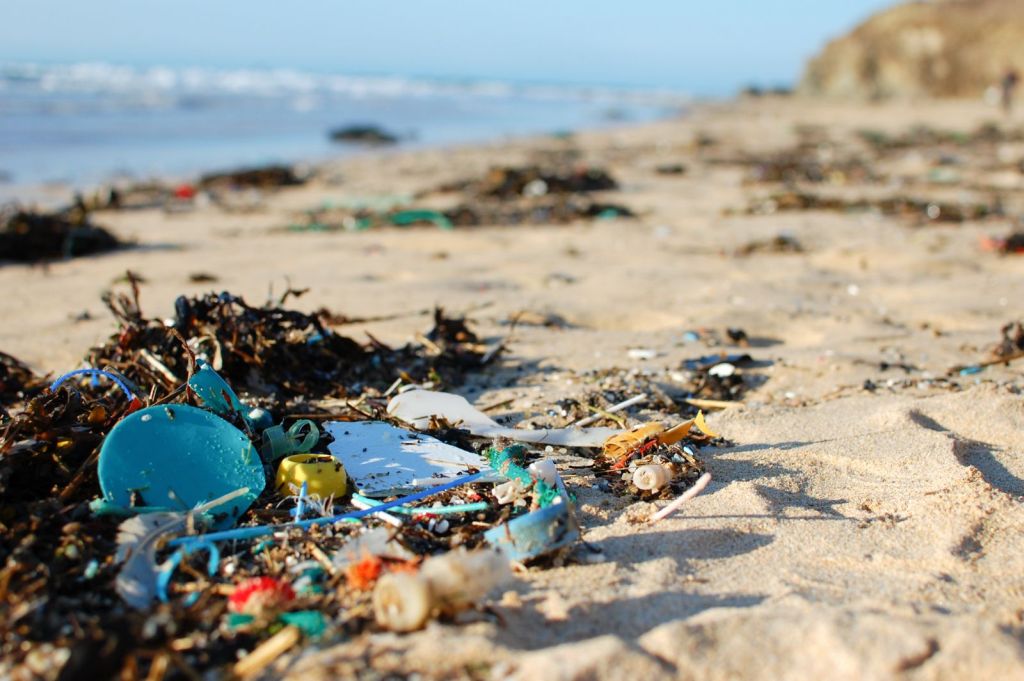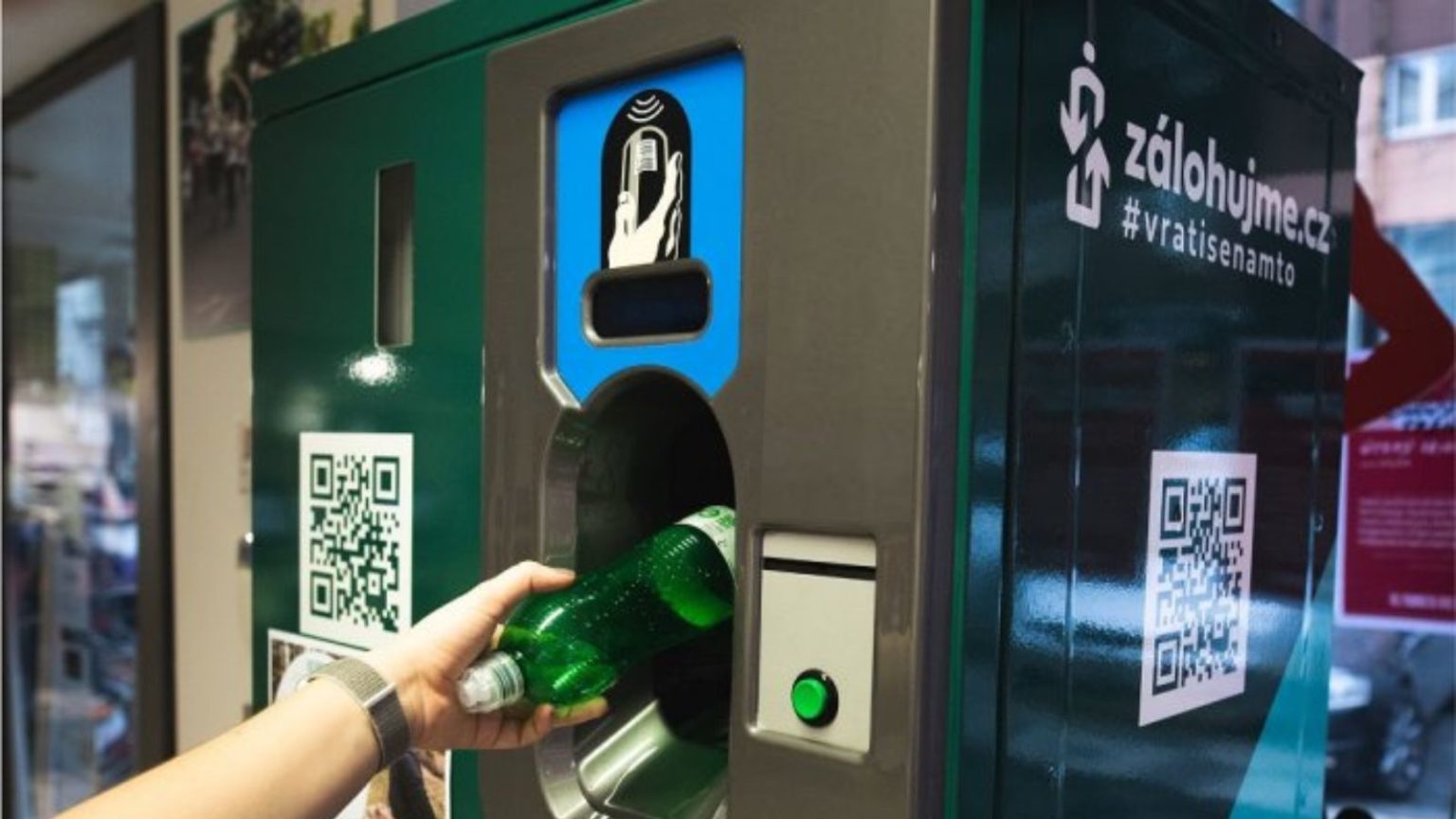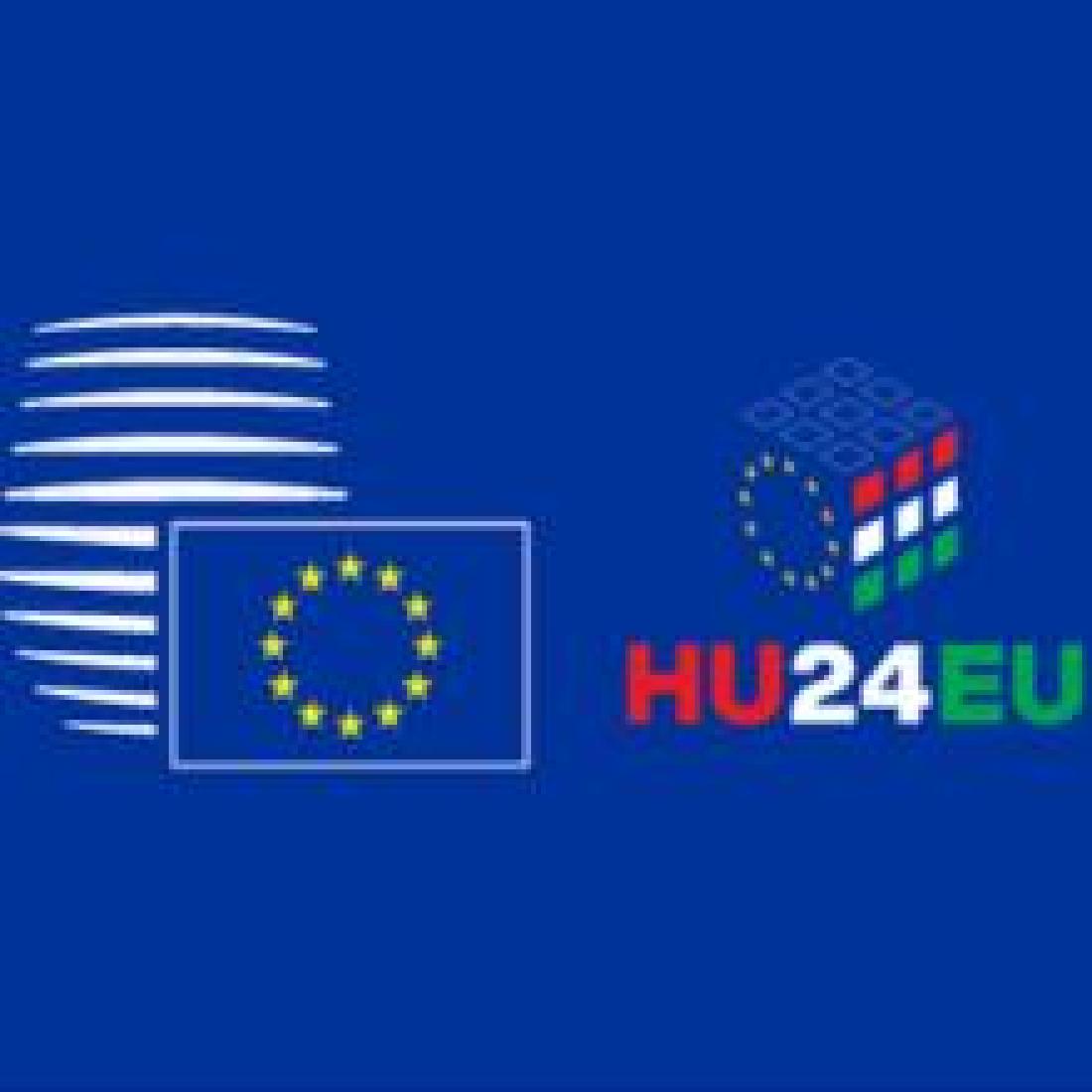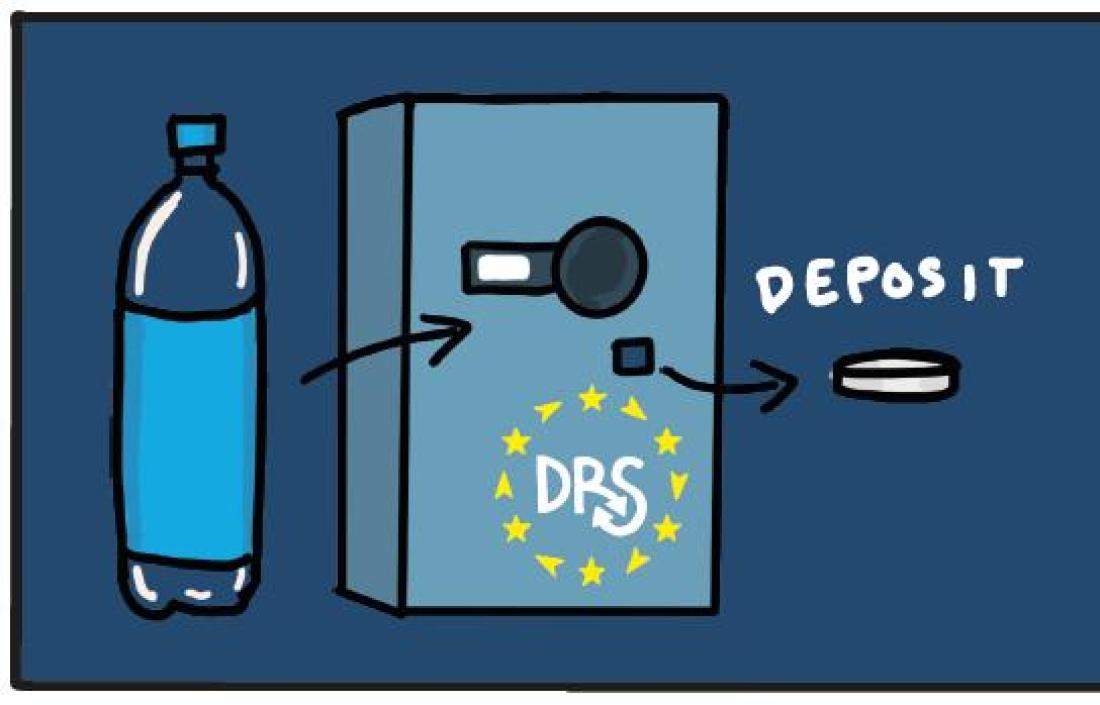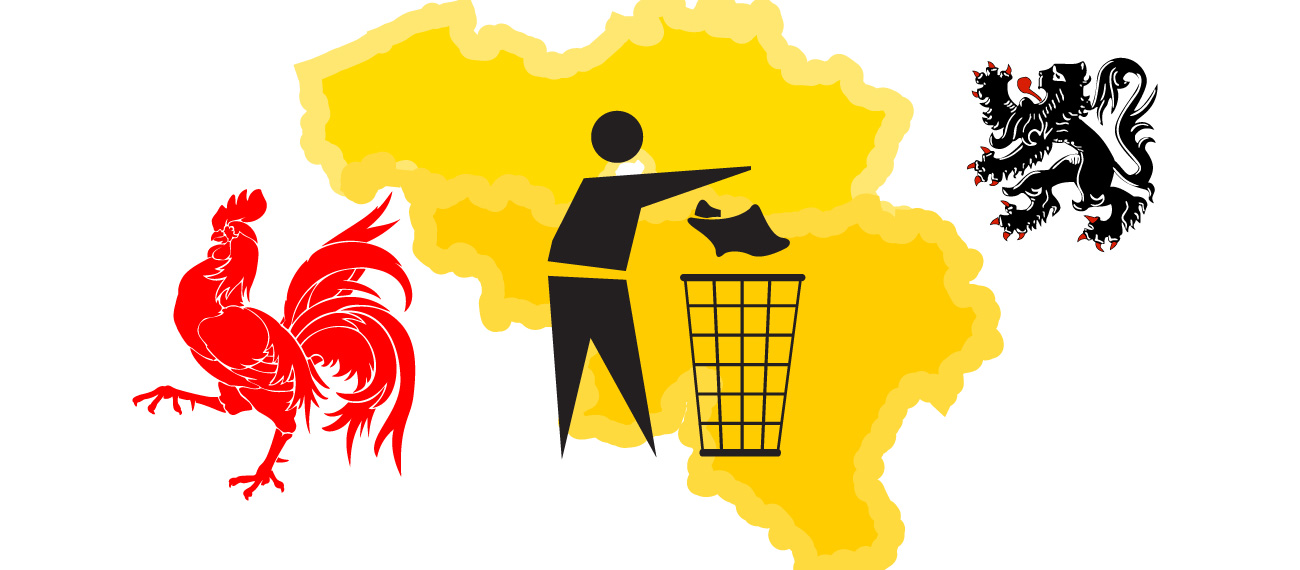
National Litter Prevention Plan a Step Closer in Belgium
The impetus to create a €17 million national litter prevention programme in Belgium continues apace. After the Flemish Region in the northern part of the country, the Walloon Region in the south has signed up to the plan, which is to be financed by producers.
On 1 February, Carlo di Antonio, the environment minister in the region of Wallonia (one of Belgium’s three federal regions) signed an agreement with Fost Plus (the national scheme for separate collection and recycling of used packaging in Belgium, run by producers), FEVIA (the Belgian food industry association) and COMEOS (the Belgian federation for commerce and services). The deal would see €5.4 million every year pumped into the fight against littering in Wallonia.
This move follows the mid-January agreement between the same producers groups and the Flemish environment minister Joke Schauvliege to invest €9.6 million annually in Flanders to the same end. It now remains for the Brussels Capital Region to follow suit. This would seem to be a formality with the two biggest populations already covered. Financing of the plan by producers is conditional on all three of the country’s federal regions signing up to it. It is the first time that such a large fund has been put forward by producers in Belgium with the specific intention of promoting litter prevention.
The plans emerging in Belgium mirror in many respects the arrangements in place for many years in the Netherlands, where producers provide a €25 million annual budget for litter prevention. Governments and producers around the EU may now consider if these forerunners are a model that could be replicated in other territories. This is especially relevant now as the European Commission has proposed that producers take legal and financial responsibility to communicate about prevention of littering in its 2 December 2015 legislative proposals on waste.
The litter prevention plan was put forward as an alternative to a controversial proposal to introduce a nationwide deposit-return scheme in Belgium for beverage cans and bottles. Producers organisations argued – convincingly, it seems – that the set-up and running costs of such a scheme were extremely high, that it would fundamentally undermine FostPlus and would not resolve the broader challenge of littering.
Thanks to the effective working relationship between FostPlus, local authorities and citizens, Belgium is the top performer in the EU when it comes to collection and recycling of used packaging. Let’s hope that the same effectiveness can be brought to the national litter prevention programme which now needs to be defined more precisely by local authorities working with producers.
